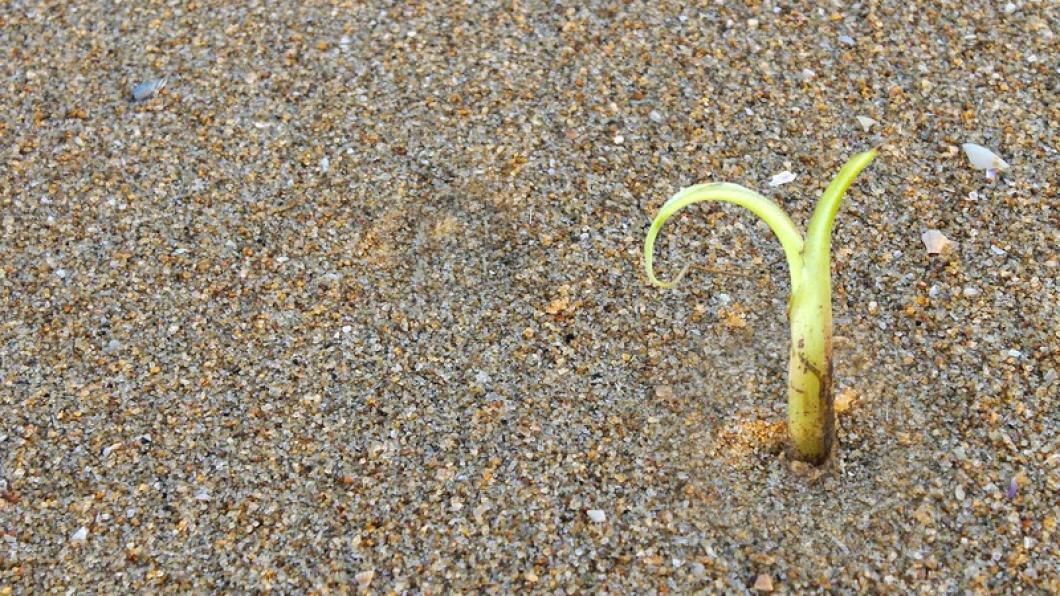
Which hope is false? Which is real?
Yesterday I read a fascinating feature in WIRED called An Alternative-Medicine Believer’s Journey Back to Science.
It chronicles the story of Jim and Louise Laidler—two American doctors whose two sons were diagnosed with autism. For a number of years they threw themselves into pursuing alternative therapies for their boys: supplements, a gluten- and casein-free diet and IV infusions of secretin. Jim became an expert and speaker on chelation, a controversial process meant to rid the body of heavy metals caused by vaccines and pollutants.
The Laidlers eventually acknowledged that the therapies hadn’t made any difference and stopped them. The WIRED piece talks about how unscientific treatments with wild claims create false hope in parents that becomes addictive. “Instead of thinking about what to do when there are no options for a cure, it’s easier…to never run out of options.”
While one of their sons improved without alternative treatments, the other had more significant disabilities which meant he probably wouldn’t live independently. The Laidlers had to face some hard truths about how to ensure his wellbeing after they died. Had they held on to hopes for an alternative cure, “...there would have been no time, no money, and no willingness to think long-term.”
Over many years the Laidlers planned to buy a farm and to join with other families of youth with autism to create a shared home. “For the Laidlers, the real alternative was to stop believing in miracles—and start planning for the future,” writes the author of the WIRED piece. Jim Laidler describes this planning as “a better kind of happiness” because it was real.
This piece resonates with me because our son is about to leave the school system and we find ourselves without a well-thought out plan. There are always so many balls to juggle on a daily basis that it's easy for parents to put off planning, especially when there doesn't seem to be an obvious solution.
What have you learned about hope while raising your child? What have you learned about planning for the future?